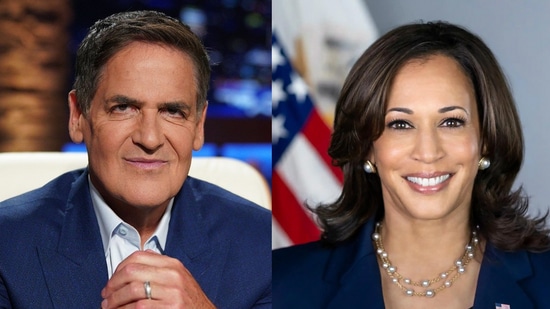The alliance between Mark Cuban and Kamala Harris represents a significant convergence of business and progressive politics. Cuban, a successful entrepreneur and television personality, has increasingly found common ground with Harris on issues such as economic equality, social justice, and government intervention in the economy.
Cuban’s support for Harris is rooted in his belief that the government has a critical role to play in addressing societal inequities. He has praised Harris’s commitment to issues like healthcare reform, raising the minimum wage, and expanding access to education. These are all key components of the progressive agenda that Harris has championed throughout her career.
For many conservatives, Cuban’s partnership with Harris is a troubling development. They argue that Cuban’s support for policies like higher taxes on the wealthy and increased regulation of businesses is out of step with the principles of free enterprise that have driven American success. Cuban’s advocacy for these progressive policies is seen as a departure from the entrepreneurial values that he once embodied.
The Cuban-Harris alliance also raises questions about the influence of wealthy individuals in politics. While Cuban has used his platform to promote progressive causes, critics argue that his wealth gives him an outsized voice in shaping public policy. This dynamic has sparked debate about the role of billionaires in politics and whether their influence is ultimately beneficial or harmful to democracy.
As Cuban continues to support Harris and the Democratic Party, it’s clear that his involvement in politics is more than just a passing interest. His partnership with Harris reflects a broader trend of business leaders aligning themselves with progressive causes, and it signals a shift in the political landscape that will have far-reaching implications.


